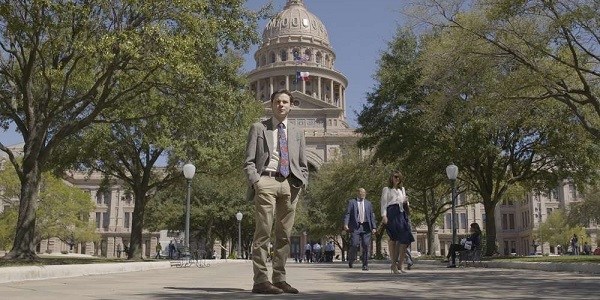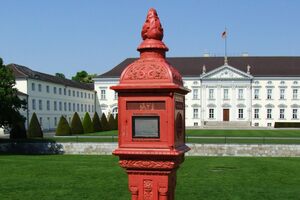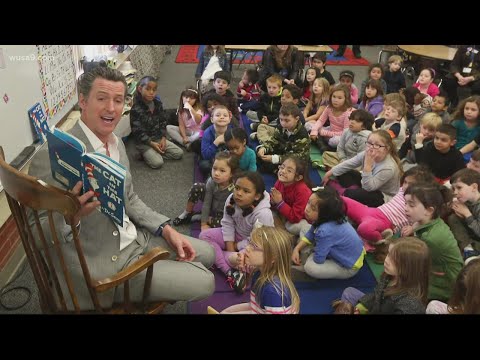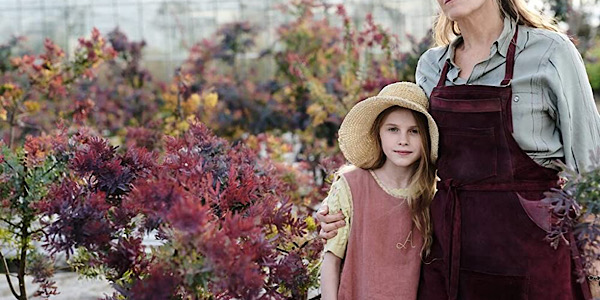Breaking Bread on the 25th Anniversary of Big Night
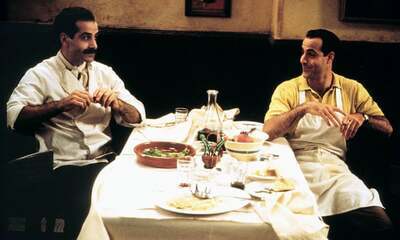
In the 25 years since Stanley Tucci’s “Big Night” was released in 1996, there has been, in America, a great upsurge of movies and television shows revolving around the world of restaurants, chefs, and fine dining. Tucci’s film, which he co-wrote with Joseph Tropiano and co-directed with Campbell Scott (who also appears in the film as a somewhat odd car salesman), about the final days of a struggling Italian restaurant in 1950s New Jersey, run by two immigrant brothers—businessman Secondo (Tucci) and brilliant chef Primo (Tony Shalhoub)—was certainly not the first such film. Outside of America, there had already been, just in the decade or so before, Juzo Itami’s “Tampopo,” Alfonso Arau’s “Like Water for Chocolate,” and Ang Lee’s “Eat Drink Man Woman” (and depending on whether or not you wished to count such a thing, Peter Greenaway’s “The Cook, the Thief, His Wife, and & Her Lover”)—but it certainly seems to have opened the floodgates. Since then, there has been no shortage of film and TV shows that deal not just with cooking, but the life struggles of those who cook at a high level, including films like cooking-as-a-metaphor-for-Jon-Favreau’s-film-career “Chef,” but also reality competitions like “Hell’s Kitchen” and “Top Chef.” The common thread in a lot of these post-“Big Night” products is how difficult it is to succeed, not just as a chef, but as a professional, as a person. “Chef” was seemingly born out of Favreau’s foundering creative spark after his unlikely move from independent cinema to the world of studio blockbusters. “Top Chef” is at least as much about who goes home, and when, and for what reason, as it is about who finally wins the season.
Because, of course, “Big Night” is about a restaurant that shuts down, a restaurant that fails. The film takes place over the course of a few days, as Secondo tries to find a way to keep his and Primo’s flailing restaurant, Paradise, from going under. Despite Primo’s genius, the restaurant is doing anemic business due to the fact—at least according to rival, but avuncular, restaurateur Pascal (Ian Holm)—that the chef is too precious about his food and is unwilling to make any concessions to what American customers unfamiliar with Southern Italian food at its purest might want to eat. Indeed, when Secondo suggests to Primo that they maybe take the expensive and unpopular seafood risotto off the menu, Primo thinks they could replace it hot dogs. “They might like that,” he says.
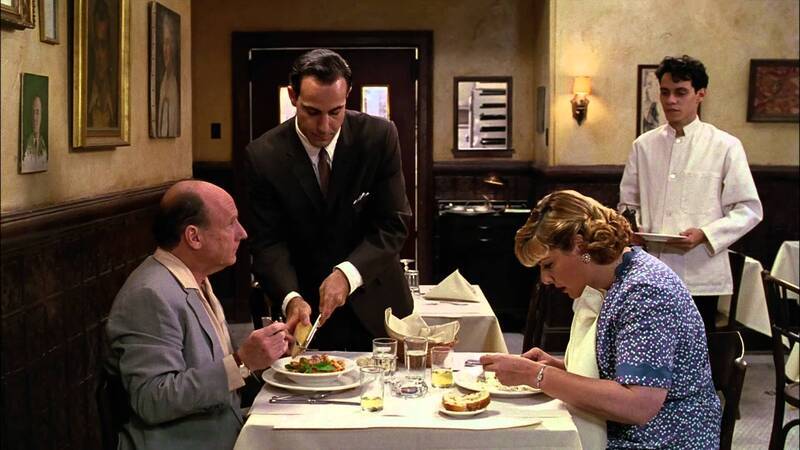
In a last-ditch effort to save their business, Secondo, with Pascal’s help, sets up an invitation-only dinner party at Paradise, at which will be a journalist to cover the event, because, so Pascal has promised, his friend, the great jazz bandleader and singer Louis Prima will be making an appearance. So the stage is set for a mostly light, occasionally romantic, and very funny comedy, but one grounded in everyday realism, and also fraught not just with the suspense inherent in seeing if Secondo’s plan will pay off, but also with subplots that the audience knows will eventually blow something up—specifically the revelation that Secondo is cheating on his girlfriend Phyllis (Minnie Driver) with Gabriella (Isabella Rossellini), who also happens to be Pascal’s wife. Needless to say, every one of these people will be at the party.
Twenty-five years on, “Big Night” holds up like gangbusters. As funny, and as filled with wonderful, charming performances as the film is—Tucci and Shalhoub are both basically perfect, Holm acts like a wild imp throughout, Driver effortlessly gives the kind of performance that used to be called “winning”—it is nevertheless infused throughout with an unavoidable melancholy. There’s a terrific shot, just before the dinner party gets started, just before the real night’s work kicks off, of Cristiano (Marc Anthony), the Paradise’s busboy and waiter, stepping outside, into the dusk, to smoke a cigarette, and the camera lifts up into the air to show the emptiness and quiet of the New Jersey street. This cuts to a pan down the long table and its simple, elegant glass-and-silverware, white napkins and tablecloth, before tilting up to Secondo, Primo, and Cristiano, standing together, dressed for work, all to the strains of Matteo Salvatore’s gorgeous “Mo Ve’la Bella Mia Da La Muntagna.” The shot sets up a rather intense feeling of anticipation for the party about to begin (somewhat counterintuitively, given the gentleness of the two shots), but also feels ineffably sad. Somehow, perhaps, the audience knows what’s to come.
Another thing that “Big Night” has now taken upon itself, without asking for the responsibility, is the weight of our current existence, from roughly March of 2020 until now (but hopefully not too much longer). For one night, Paradise looks not merely like the greatest restaurant anyone has ever been to, with its dancing and drinks and timpano, but could ever hope of ever going to. But in the end, it still shuts down. As restaurants all over the country and the world have shut down, not through any fault of the owners—and despite Secondo’s many faults, I’m not sure one can blame him or Primo for running a restaurant that went under for being too good—but because customers have had to stay home simply because they didn’t want to catch a disease, or to give it to others. And while options for restaurant pick-up and delivery options have been abundant, with the fast financial uncertainty of any given household being what it is, one is more likely to have McDonald’s delivered to one’s home than risotto from the best Italian restaurant in your town.
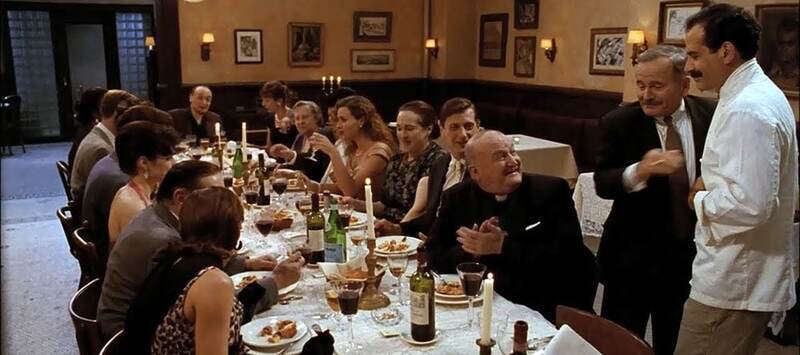
As many people’s most recent experience of sitting down for a nice meal in a nice restaurant withdraws further into memory, revisiting “Big Night” now brings with it a wistfulness for a world that we all, at our most pessimistic, fear may be gone for good, at least as we once knew it. You watch the dinner party now, and they’re all sitting so close together. Who could have ever imagined something like that would one day be something we remembered, rather than experienced all the time?
“Big Night” closes with one of the most poignant final scenes of, at minimum, any film of the 1990s, if not even beyond that. After everything has blown up, and Louis Prima didn’t show (he was never going to), and Paradise is about to be gone forever, the party’s over, and it’s very early in the morning, Secondo walks into the kitchen. Only Cristiano is there, and Secondo begins making eggs for both of them. In one unbroken shot, he finishes, adds a big chunk of bread to each plate, and wordlessly the two men begin to eat. Then Primo, with whom Secondo has recently fought terribly, arrives. Secondo puts half his eggs onto another plate, adds bread. Cristiano leaves them alone, and the two brothers sit together, and, still silently, eat their breakfast. Just the two of them, jobless, keeping within their own circle, their own household. As content as their current circumstances will allow.
“Big Night” is now available to stream on Paramount+.
